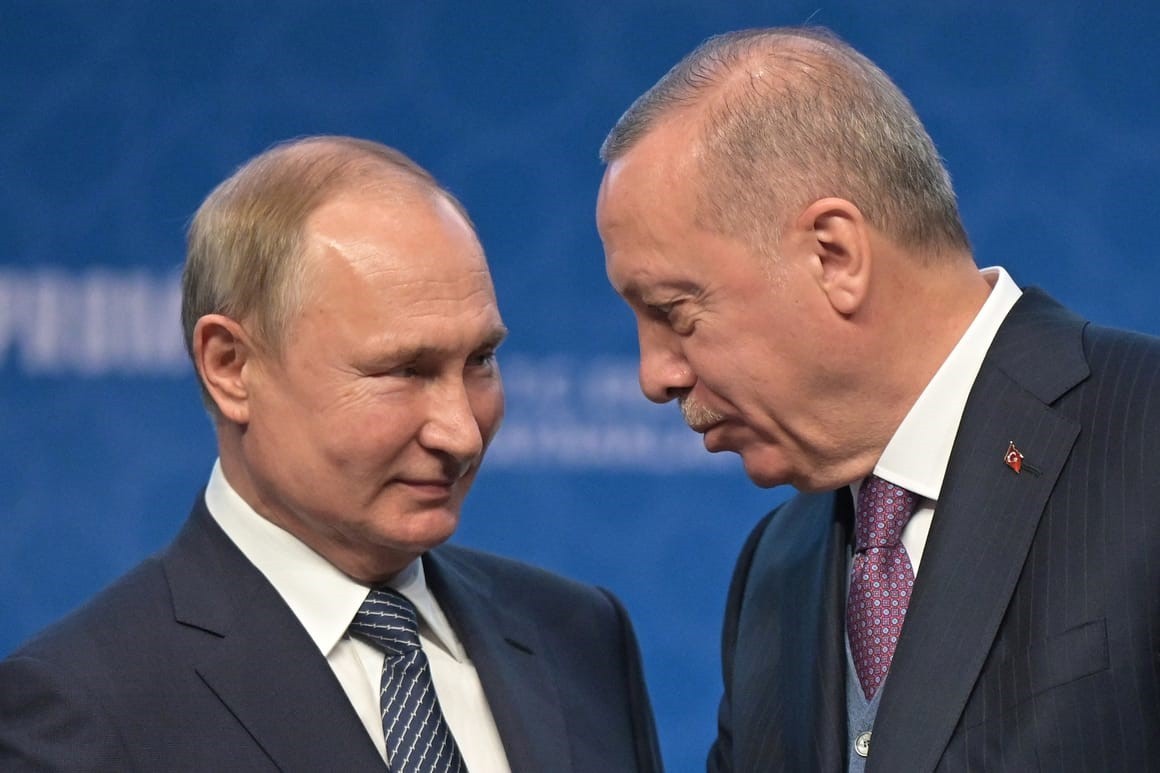 |
| Thanks to the 'pragmatic marriage' between Russia and Turkey, Mr. Erdogan is not afraid of economic downturn? (Source: Getty Images) |
Türkiye's longest-serving leader has won what is considered the most important election in the country's 100-year modern history. The 69-year-old has also overcome Turkey's worst economic crisis in a generation and the strongest opposition coalition on the way to winning the toughest election.
Ankara's Secret to Balance
Observers commented that among the latest successes of the Turkish President is the "shadow" of his good relationship with Russian President Putin, especially since the Russia-Ukraine military conflict.
Türkiye’s struggling economy is benefiting from a delay in payments for energy imports from Russia, a key factor in helping Mr Erdogan deliver on his campaign promises.
Russia is now one of the most important sources of human and financial resources for the Turkish economy. Over the past year, many of the Russians who have come to Türkiye have been buying property, keeping their money outside the economy that is under Moscow’s sanctions, or opening businesses. Last year alone, Russians opened 1,363 new companies in Türkiye.
To some extent, the influx of Russian newcomers has – at least temporarily – changed the face of Turkish cities such as Istanbul and Antalya. Rents have skyrocketed, cafes are crowded and even billboards are sometimes written in Cyrillic, and most importantly, natural gas prices have remained low.
For Türkiye, maintaining and even deepening ties with Russia while also remaining a “voiced” member of NATO is a difficult but necessary balancing act. And it is Turkey’s mastery of balancing between Russia and the West that makes Ankara so important no matter which side it stands on.
Türkiye is sandwiched between Iran and the West, shares a land border with Syria, controls the only outlet to the Black Sea, and shares maritime borders with both Ukraine and Russia. Since the start of the Russia-Ukraine conflict, Turkey has sought to support both Ukraine’s military effort—which is not a game-changer—and Russia’s economy, which is reeling under a series of suffocating Western sanctions.
On its northern coast, Türkiye is trying to broker a Grain Transit Agreement to allow Ukrainian agricultural products to leave its Black Sea ports. On the other side, Ankara is increasing its purchases of Russian gas and oil, helping Moscow to cushion the impact of Western sanctions.
For Turkish President Recep Tayyip Erdogan, the middle position became “a bargain” born of geopolitical , political and economic necessity, which helped him overcome the most challenging election ever for him personally.
Russia-Türkiye win-win
“Russia and Türkiye are a marriage of convenience,” said Alper Coskun, a senior fellow at the Foundation for International Peace. It is certainly not an easy marriage, though.
Not to mention the political issue, just the economic aspect, especially since Moscow launched a special military operation in Ukraine, Russia has supported the Turkish economy with huge capital flows, even turning a blind eye to Ankara’s “limited” military support for Kiev. The two countries are currently negotiating a possible reduction in gas prices, and Ankara has asked Russia to postpone gas payments until 2024 – at least providing temporary economic support.
Of course, this is a two-way street. For the Kremlin, which is isolated by Western sanctions, Türkiye has become a financial safe haven. Last year, trade between the two countries was estimated at $70 billion, with Türkiye one of Russia’s largest trading partners.
At the same time, hundreds of Western companies are looking to circumvent sanctions by opening offices in Turkey to continue trading with Russia, the Hurriyet Daily News reported.
“Although Erdogan has not always been a reliable partner for Moscow, President Putin has few better options at the moment,” the Hurriyet Daily News commented.
For Türkiye, pragmatism also figures prominently in its choices. Geographically and militarily, Türkiye is part of the Western bloc and a key Western ally, but economically, Turkey has no choice but to cooperate with Russia. “If Russia cuts off gas to Turkey, it will be a disaster,” said Kerim Has, an independent Russia expert in Moscow.
“Similarly, if the Turkish economy collapses, European banks will also be devastated as they suffer losses from Ankara’s huge loans.”
Experts say that, at present, although there are still many political and economic problems in the Russia-Turkey relationship, President Erdogan has adapted and recognized Russia as an important partner. However, like all marriages, whether pragmatic or not, no one can predict what the future holds, including President Recep Tayyip Erdogan or his Russian counterpart - Mr. Putin.
President Recep Tayyip Erdogan, with his wealth of experience in overcoming crises, won the race on May 28, extending his time in power into a third decade.
But the Turkish economy is in recession; the lira soon went into free fall and annual inflation hit 85% last year. Capital Economics warns that “a day of reckoning for Turkey’s economy and financial markets could be near.” Analysts say this is Erdogan’s most immediate test.
Perhaps the latest good news for President Erdogan is that the World Bank (WB) and the Organization for Economic Cooperation and Development (OECD) have just announced an increase in their 2023 growth forecast for the Turkish economy, with confidence in the new Cabinet and the reshuffle of his economic team.
Accordingly, in the latest Global Economic Prospects report, the Turkish economy is expected to grow 3.2% this year, up from the 2.7% forecast in January. Meanwhile, the OECD expects the Turkish economy to grow 3.6%, up from the 2.8% forecast in March, according to the latest Economic Prospects report just released. The WB also said that despite headwinds, the Turkish economy remained resilient in the first quarter and remained a major contributor to growth in Europe and Central Asia.
Source


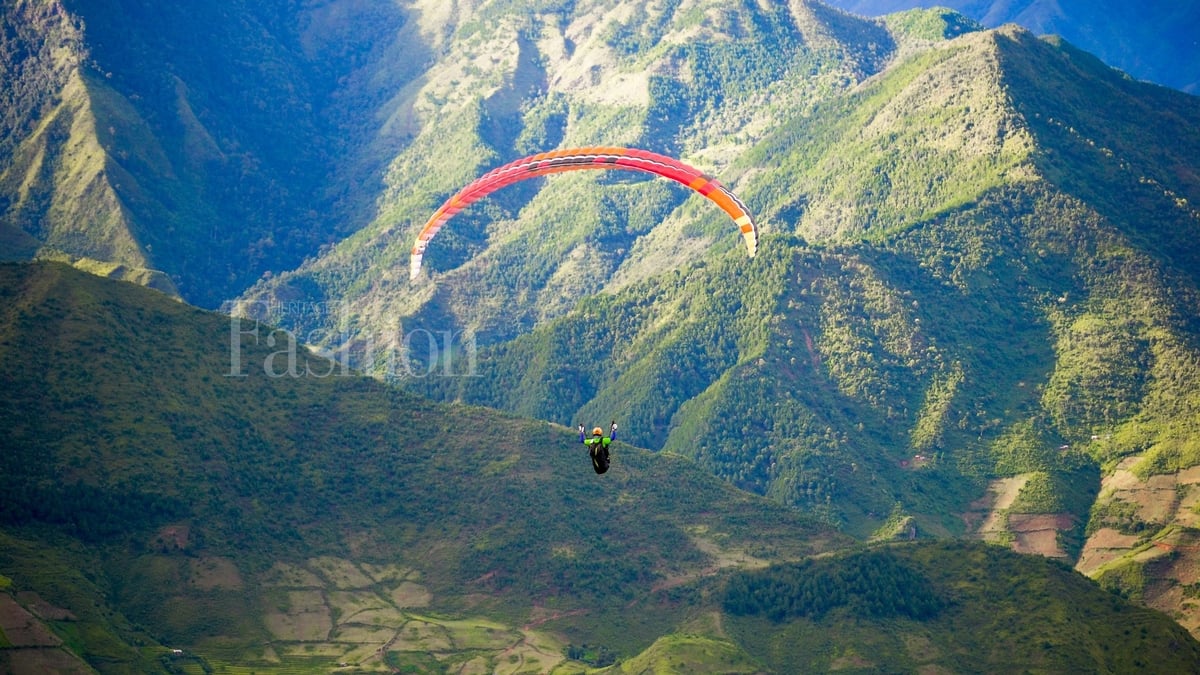
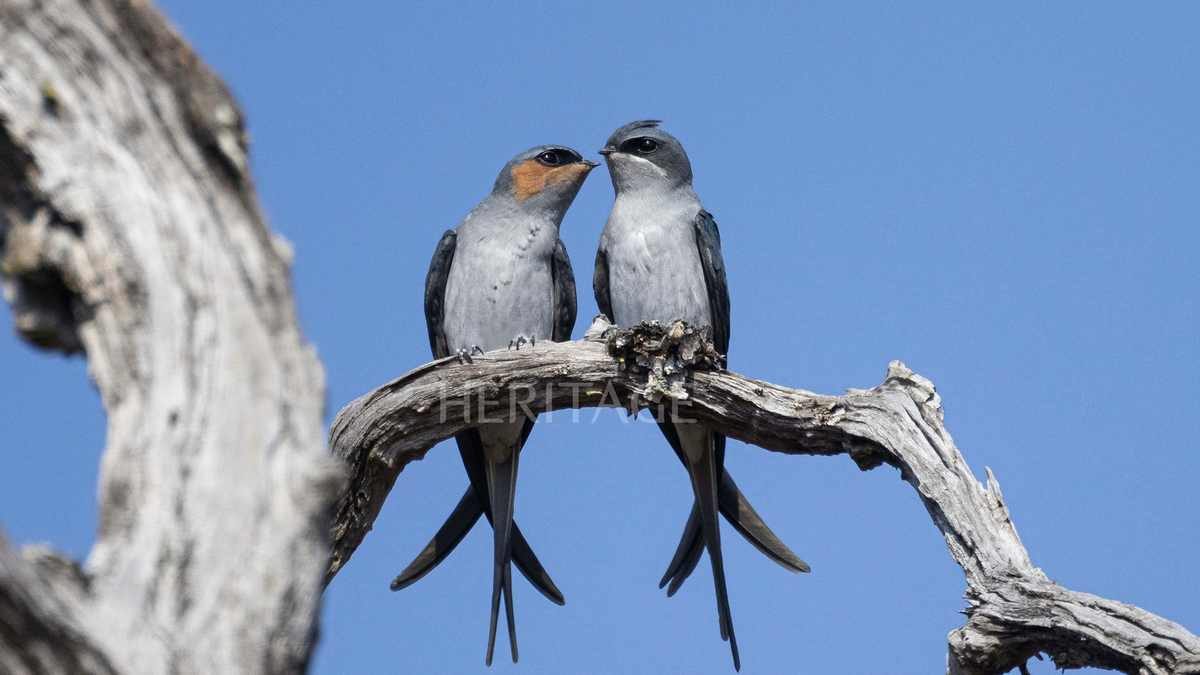
![[Photo] Award ceremony for works on studying and following President Ho Chi Minh](https://vphoto.vietnam.vn/thumb/1200x675/vietnam/resource/IMAGE/2025/5/20/a08ce9374fa544c292cca22d4424e6c0)
![[Photo] Vietnamese shipbuilding with the aspiration to reach out to the ocean](https://vphoto.vietnam.vn/thumb/1200x675/vietnam/resource/IMAGE/2025/5/20/24ecf0ba837b4c2a8b73853b45e40aa7)
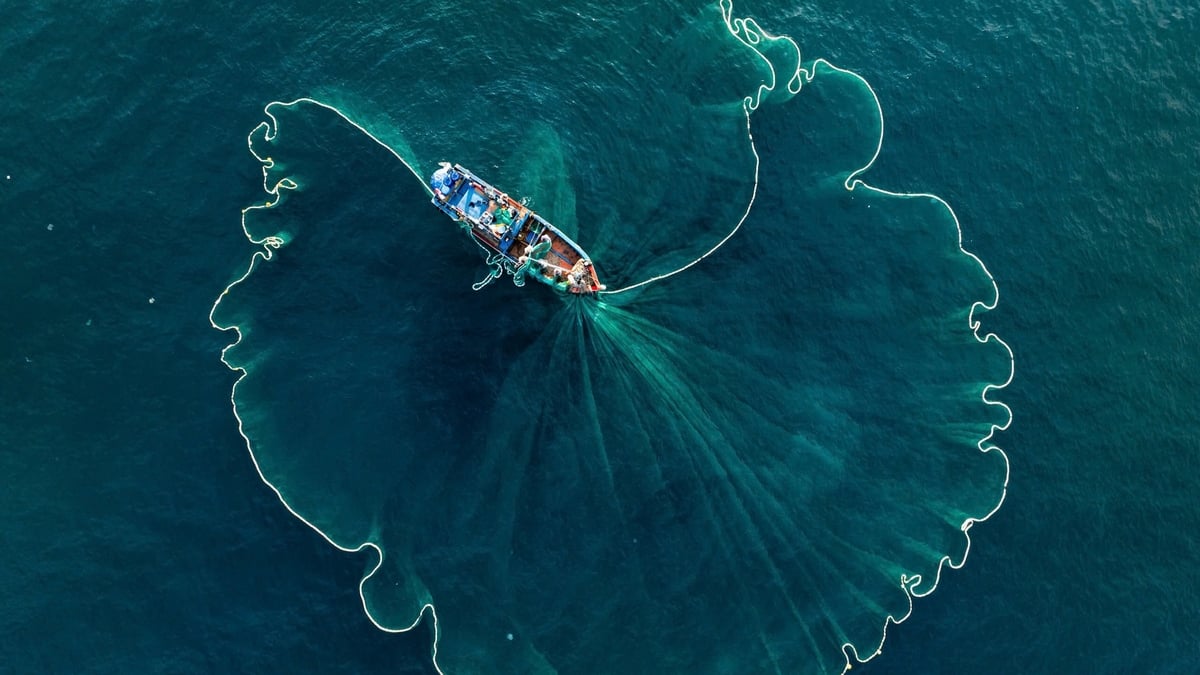
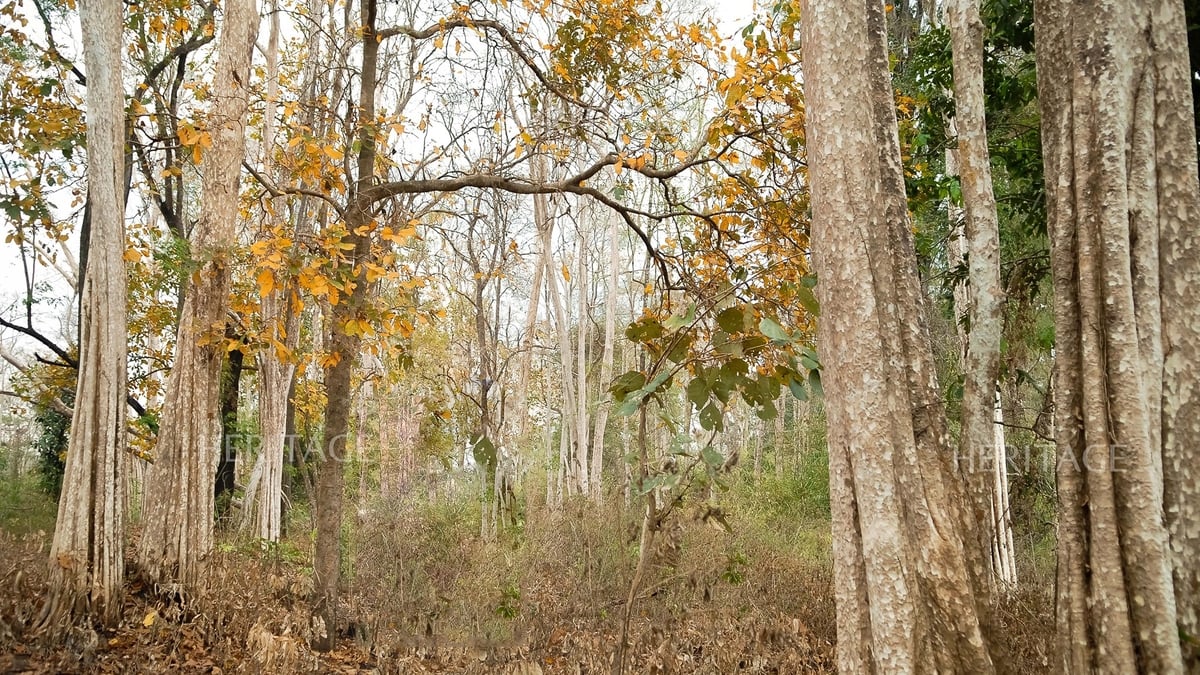







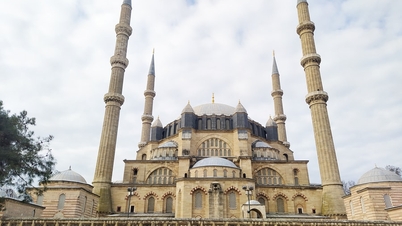

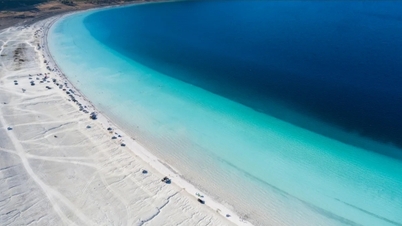


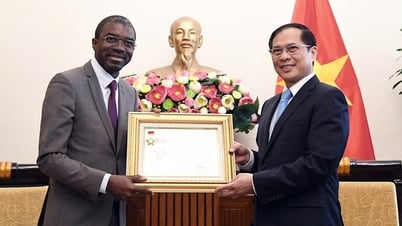

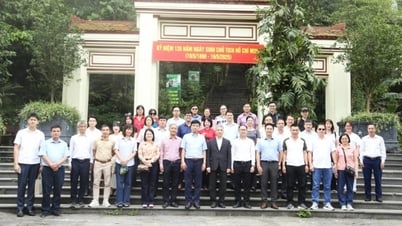
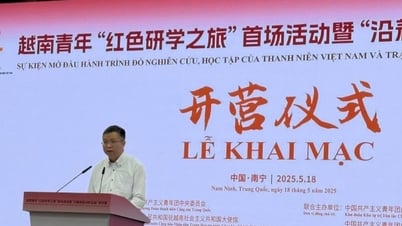
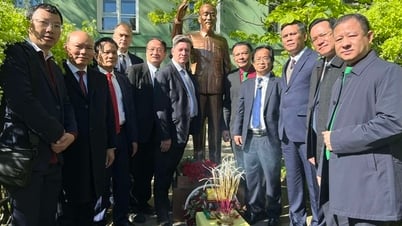




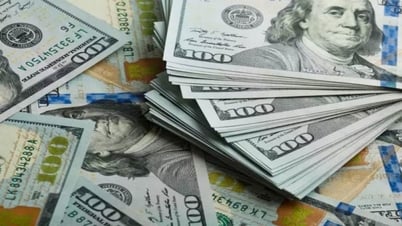

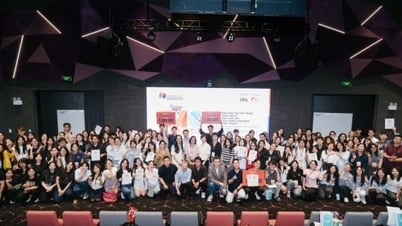







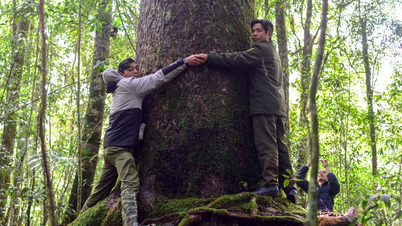

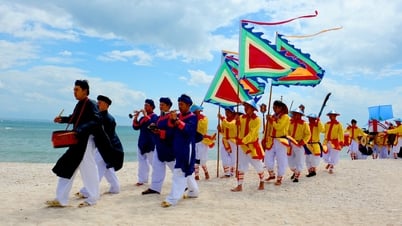















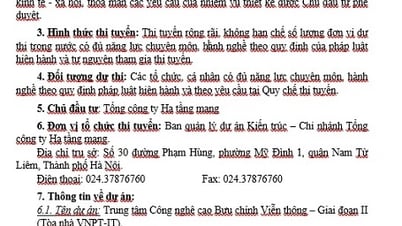


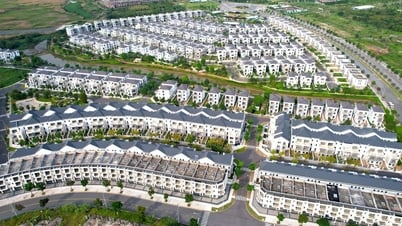






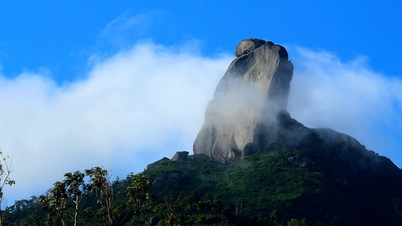
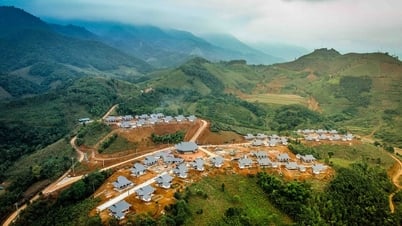
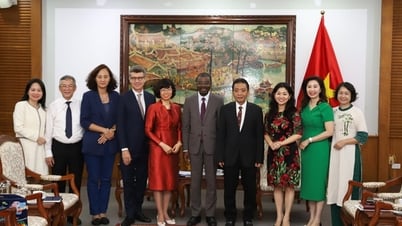








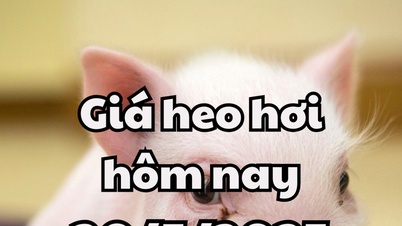





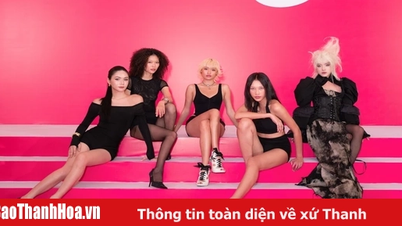










![[VIDEO] - Enhancing the value of Quang Nam OCOP products through trade connections](https://vphoto.vietnam.vn/thumb/402x226/vietnam/resource/IMAGE/2025/5/17/5be5b5fff1f14914986fad159097a677)
Comment (0)